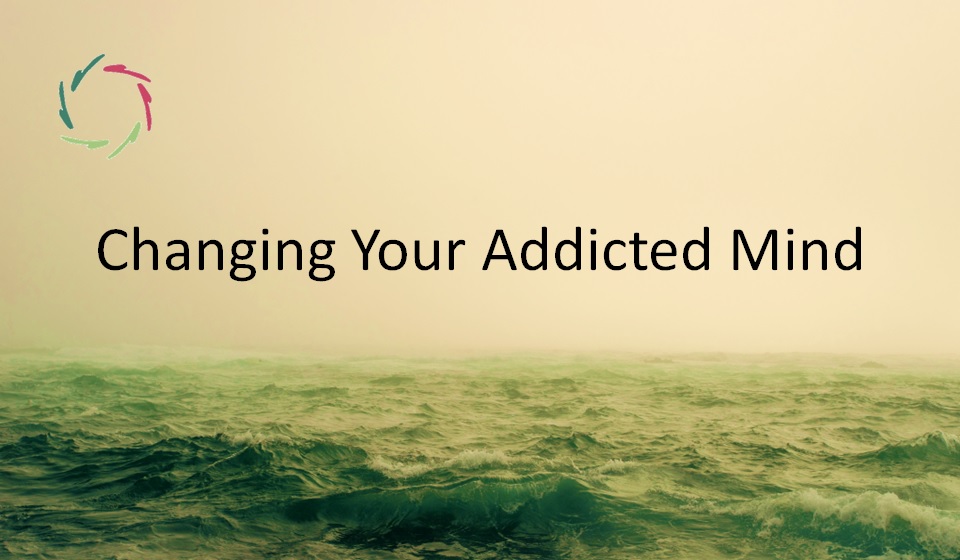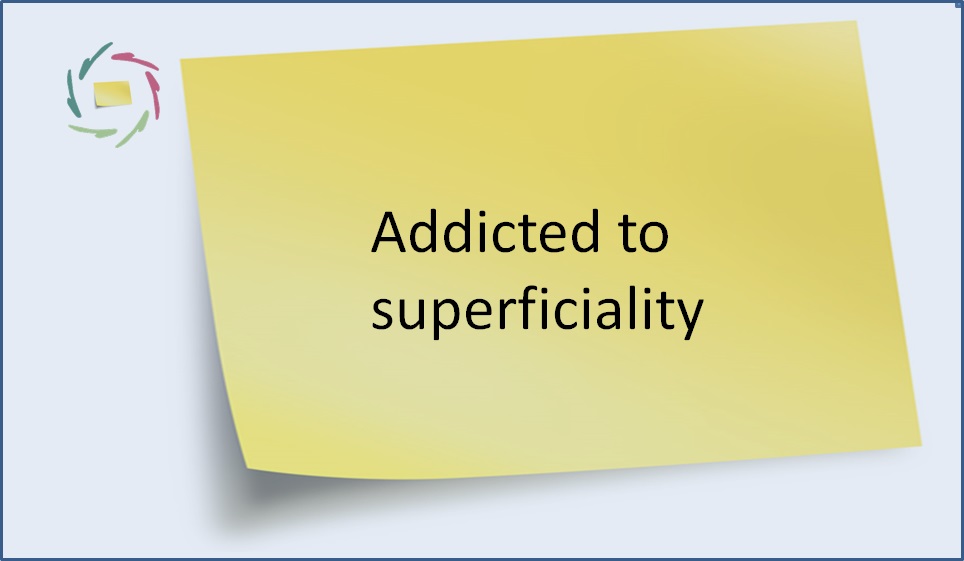Changing Your Addicted Mind

Hard drugs are called ‘hard’ because they change the physical brain, not only the ephemeral mind. Then, how to durably change a mind addicted to hard drugs?
In 2019, 70.000 people died from drug overdose in the US; 1.6 million had an opioid use disorder; 2 million used methamphetamine (crystal meth).
Brain = mind
More or less ― for our present purpose, close enough to reality.
Therefore, there is no essential difference between hard and soft drugs. They all change the mind and the brain because these are (two views of) the same thing.
Moreover, addiction is never just superficially present in the mindscape. This makes the challenge of changing one thought relevant to the challenge of changing an addicted mind. As big as this challenge may be in perception, it may be incomprehensibly bigger.
It is challenging, not impossible.
To make it possible, knowing which direction may help and which may not is a good start. Considerable efforts in the wrong direction will not attain the goal, meanwhile emboldening the conviction that it is eventually impossible.
The direction that works is the one from the inside out. This is mental growth.
You can only grow out of an addiction.
By other means, you might dampen it temporarily. The addiction itself stays put, ready to jump forward.
This is because the mind/brain remains changed in the deeper layers, which only growth can reach in a congruent, therefore durable way. This should be clear from the start to the end.
Of course, growth is a huge challenge.
But it is a fundamentally different challenge from the one that aims for change from the outside. Therefore, its accomplishment is easier and more difficult in fundamentally different ways. The idea that growth cannot principally be effective – since ‘not hard enough’ – stems from the lack of appreciation of this fundamental difference.
Indeed, with the usual means – for instance, using a simple token economy, one way or another – one will not reach far into the growth domain as relevant to any addiction. One needs to be able to profoundly appreciate the difference in mental paradigm. If not, it’s like searching for a solution on one plane while the solution principally can only be found on another plane altogether. Not more searching is needed, but one of an essentially different kind.
More searching for growth on the wrong plane only heightens the conviction that it can be found nowhere ― especially if this wrong plane is the only one in sight. In other words, to take the growth path means that the care provider – also in the case of self-care – starts at least with this specific insight.
Close communications of a different kind
Everything about it starts with deep listening.
It goes further with deep communication in two directions in search of deeper meaning behind addictive behavior.
I have also described six steps every drug addict could/should take.
Much support can be given to all this from an effective plane, from within an effective paradigm. I point to AURELIS coaching, where there is very much at one’s disposal. Yet, all this is not straightforward while still turning rounds in the present, ‘old’ paradigm.
To make things easier, starting from any paradigm, we are building the A.I.-driven coach-bot Lisa. If you are interested, please let us know.


